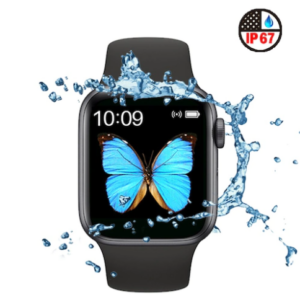Mobile and computer devices store many sensitive data that should be protected. This includes personal emails as well as residential addresses, phone numbers, birthdays, and more should only be accessible by you and not by hackers. Securely storing this information is essential for maintaining compliance with regulations, avoiding costly security incidents, maintaining the trust of your clients and partners, and much more. This article will provide some best practices for protecting data that is meant to be private and secure.
What is information protection?
Information protection (or infosec) refers to both the policies and technologies that are used to protect sensitive data. It covers topics such as patch management, vulnerability management and many more. Information protection is a broad area of security, and its effectiveness is contingent on the entire system that it’s a part of. For example, if you are using outdated software and you’re not running a firewall or antivirus program, then your data is susceptible to attack.
Other threats to your system include malware and phishing. In addition, humans can put information at risk by committing actions such as losing smartphones or laptops or devices, clicking on malicious links or setting passwords or encryption https://www.teknotechno.net/google-nest-cam-2021-full-protection-and-easy-operation/ systems on auto-update – all of which expose your information to attackers. It is crucial to have a plan that includes the five pillars of Information assurance to guard against these risks.





